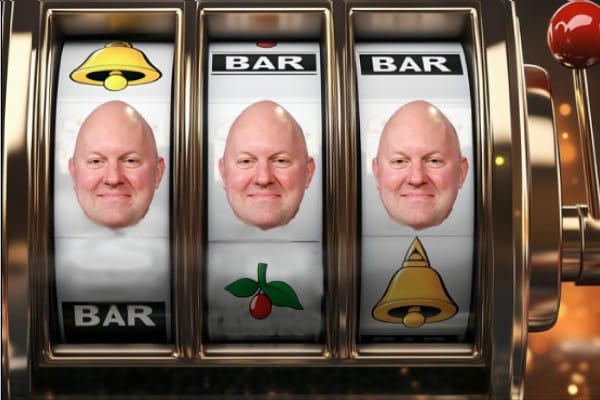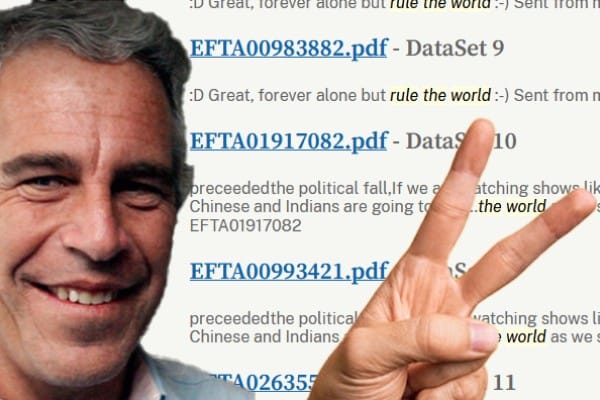No, You Can't Run a Government Like a Company
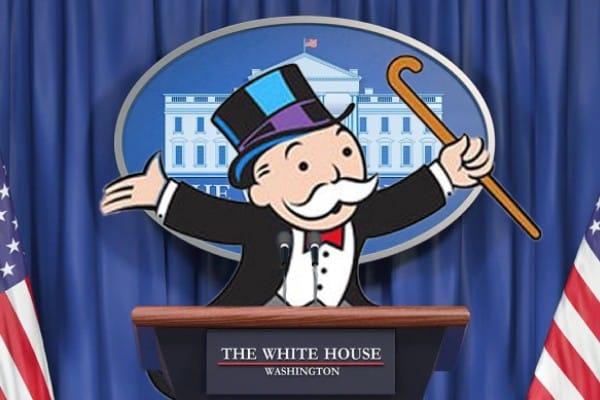
There’s a longstanding myth that, I think, emerges from the near-religious dedication people express toward capitalism that anything can and should be run like a company. Run a classroom like a company! Run a household like a company! Run a government like a company! Surely the businessmen are the philosopher kings of our age.
This is one of the critical elements of Curtis Yarvin’s grand political philosophy, that the United States in particular needs to adopt a system where the president behaves like chairman of the board and he appoints a CEO to run America Ltd. Considering that’s very close to precisely what’s happened between Trump and Elon Musk, it really makes you think. Considering the Vice President JD Vance is a big Yarvin fan, it really makes you think.
And look, corporate dominion over a whole-ass country isn’t unprecedented. The British East India Trading Company (you know, the villains from the Pirates of the Caribbean movies) ruled India as a private government for about a century and I don’t know enough about that section of history to tell you anything about how that worked or how it worked out (bad, I think?), and then there was the British South Africa Company (they were really creative with their company names back then, the Brits) who decided their company was also its own country and named a chunk of Africa after their own CEO, Cecil Rhodes (that also went badly).

Here we are, though, with the United States now struggling to function as normal under its sudden and radical restructure as a private corporation under the governance of its new CEO, Elon Musk, and the oversight of its new Board Chairman, Donald Trump.
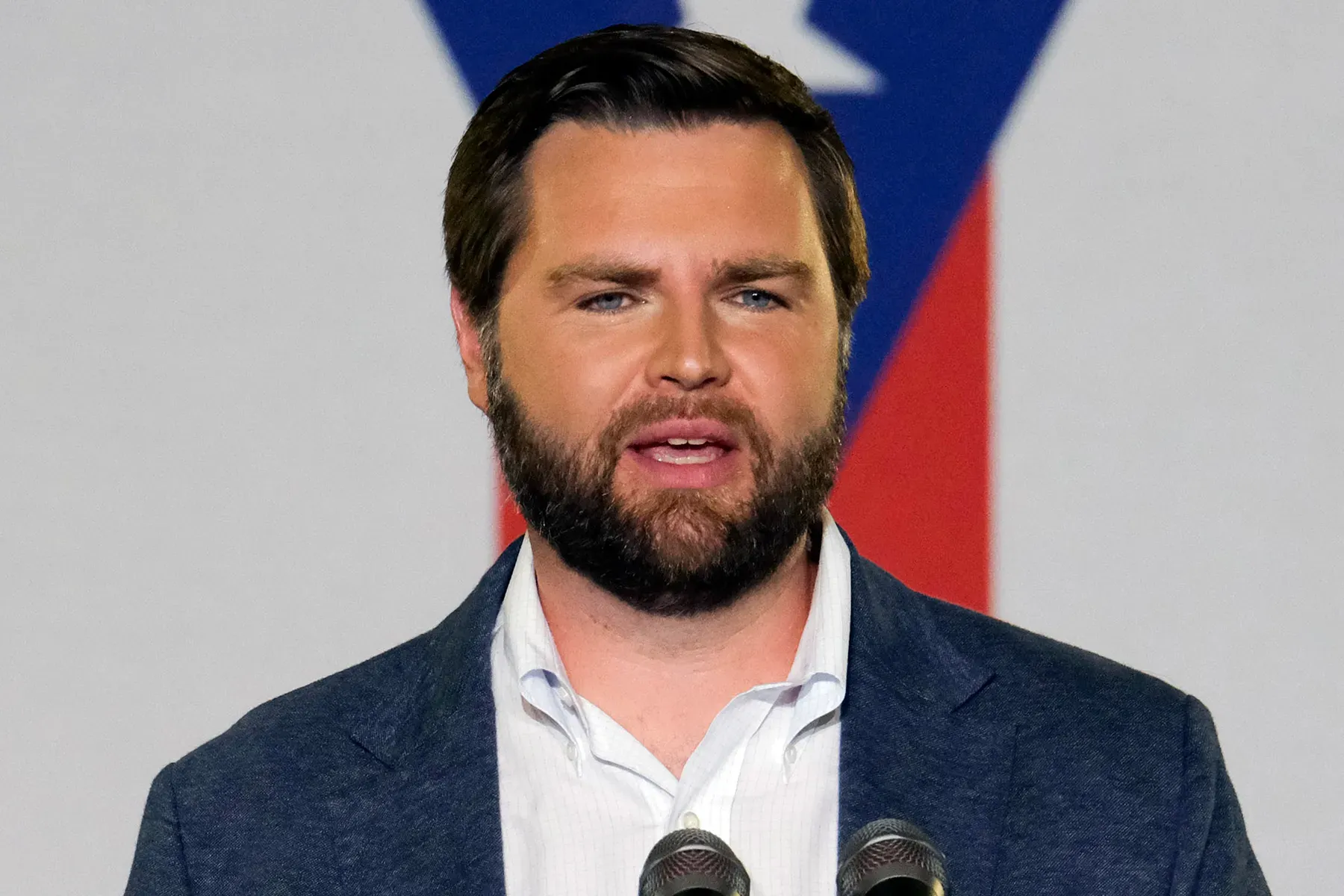
Indeed I remember that being one of the reasons people voted for Trump the first time—he’s not a politician, he’s a businessman! A true capitalist will run this country better because capitalism is more efficient than government!
That didn’t turn out to be the case, but short memories have planted the same mindset in people’s heads a second time and now it’s Elon Musk’s turn. His efforts at running the country like a company are even more disastrous than Trump during his first term, because he’s trying to run it like Twitter—the one company that he absolutely destroyed! As if governance by corporate managerial strategy isn’t doomed enough to fail, God knows why he doesn’t at least try to run it like Tesla.

Considering Tesla’s success is based on making grand promises it never delivers on, and distracting from its failures with more grand promises, it would be closer to how real government works anyway.
But the problem is that you absolutely cannot govern a country the way you manage a company because those are completely different things! Their superficial similarities are that both involve a hierarchy and a budget. But…
The Corporate Structure Makes Zero Sense Mapped to the Government Structure
Companies are just complex arrangements of people and money. Where people are concerned, you have: Owners, managers, shareholders, employees, customers, competitors, and contractors.
Now imagine the United States of America, Inc. Who fits into each of these categories?
Say you’re just a regular civilian. Like, a barista, or a taxi driver, or someone who works in a cubicle but dreams of making a living as an internet writer. What are you in the corporate structure of your country?
Are you a customer? You have to pay for services provided to you by the government via taxes, so it seems pretty transactional in that way. Viewed from this perspective, the competition is other countries. If you don’t like the services provided by America or their cost, then you have other countries to choose from.

So then, why are you treated like an employee? You have to work, after all. You have to do what you’re told, or else you will be punished, and you can’t opt out of punishment. There are rules that you have to follow, and you don’t have any of the sort of leverage over those rules that a customer has. Viewed from this perspective, the services you enjoy look more like employment benefits and other countries look like alternative employers.
So every citizen of a country is sort of an employee of that country. So who are the customers? What are you producing for whose benefit? Are other countries the customers, or the competition?
Also you get to vote for the president! That’s not something an employee or a customer gets to do. So maybe you’re all shareholders. That makes sense because you get to share in the wealth of the nation when the nation does well. So who are the customers? Who are you selling to? Are the government the employees, or the board? Who are the management?
Elected officials will frequently say that they work for you. So you are the management, and the government is your employee. Why the fuck do your employees get to tell you that you’re not allowed to be transgender or something? Why do your employees get to cut off your health benefits and talk down to you?
I could rant on like this for another thousand words, but you see how none of this maps well at all. And that’s a problem for your businessman president, because…


From this week forward, paid subscribers will get to read the whole thing as I piece it together. PLUS I’m still going to be writing my regular weekly newsletter, which is free, but paid subscribers get to read every piece a whole week ahead of everyone else.
Heaps of reasons to upgrade to a paid subscription if you enjoy my stuff! Or with a free subscription you get most of it eventually anyway! Exciting! I love you!
Being Good at Business Only Makes Sense if You’re NOT Also the Government
People under a government have rights. Consumers and employees also have rights, but the rights aren’t determined by the company. If you’re a “natural rights” kinda person (I see you, Hobbes and Locke fans), you’ll probably argue that governments don’t determine your rights either, but even in that case boy howdy you have to agree that they can restrict your access to them. A company can’t do that, because they’re subordinate to… a government.
A government also needs to budget and handle money, just as a company does. But a company can’t print money. When a company has debt, it means it’s borrowed money, mostly from other companies but sometimes also from the government. But when a government has debt—the “national debt”—it’s an incredibly complicated concept that, for the most part, refers to money that the government has borrowed from itself. To a lesser extent, it’s borrowed from domestic companies that are all subject to its laws. To the smallest extent, it’s borrowed from other governments.
You can say that you voted for Donald Trump and Elon Musk to run the government because they are very good businessmen, and I will laugh in your face, but besides that let’s say that an actual very good businessman comes along that you fancy might be able to run the government very well (and I’m acutely aware that I’m using a gendered word because, let’s face it, the types of people who want a CEO to run the government always mean they want it to be a bloke). What does it actually mean for good business acumen to translate into good governance?

Think of it this way—what does it take to be a really good air traffic controller? According to Elon Musk, it primarily means being white and male, but how would someone who isn’t a fuckwit answer that question? You have to be excellent at thinking on your feet and rapidly adjust your strategy according to unpredictable externalities that you do not control. Weather events. Technical malfunctions. Human error. You have to coordinate a dozen giant fragile flying tubes full of people at a time knowing that hundreds of lives depend on your decisions.
Now, imagine you control the weather. You’ve actually got a weather machine like Sean Connery in The Avengers.
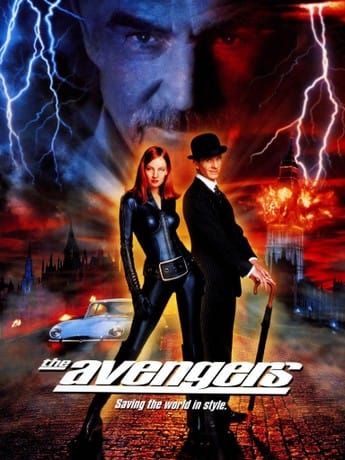
Maybe you also have a remote control so that you’re mostly in charge of what the planes do, as well. All things considered, what exactly is the relevance of any of your skill as an experienced air traffic controller in this scenario? Your value in that position was entirely a measure of your ability to navigate externalities that you now entirely control. And sure, maybe there are brand new problems for you to navigate. Maybe creating clear weather for the planes in your jurisdiction results in hurricanes elsewhere and you need to figure that out. But that has nothing whatsoever to do with your skill as an air traffic controller. This is brand new shit.
Someone’s skill as a businessman, likewise, mostly relies on the ability to navigate a whole bunch of externalities, some that your skill might allow you to predict and some others that you might just need to handle and work around. If you control or at least influence a bunch of those externalities then what does it matter how good you were at dealing with them? You need to be good at some other completely different stuff now. Maybe you’re really bad at this new stuff.
Company Structure is Inherently Adversarial
There’s a reason that the Trump/Musk business CEO presidency simply feels much more assholish than usual. It’s not because they want to take away your healthcare or your fundamental rights, or because they’re raising the cost of living to pay for tax breaks for the rich, or because they’re sabre-rattling for war over resources. There is all that, but that’s just called a Republican administration.
It's the stuff like Musk sending threatening blanket emails to public servants, insulting and belittling them and calling them lazy and worthless, not even as individuals but as a class. It’s Donald Trump trolling his own citizens by throwing out joke executive orders like the Gulf of America thing, Rickrolling sex trafficking victims, and generally acting like a foreign conqueror mocking his new chattel’s strange traditions. (Then going on to berate Ukraine president Volodymyr Zelensky to his face for disrespecting his own office by neglecting to wear a suit).

As a general rule, governments don’t usually take pains to make sure the people know that they are looked down upon. I’m not saying that’s not a strategy of some tyrannies, but it doesn’t make a lot of sense in an ostensibly democratic government, even where the nation is capitalist.
During Democrat and Republican presidencies both, the administrations have most often tried to broadcast unity and one nation undivided, Americans as one people, even the horrible gays and the Podunk rednecks. The enemy has always been some external invader. During the Bush years it was, you may recall, the Muslims. Donald Trump of course does this also—he has illegal immigrants to fill this role, and his definition of illegal is broad. But Trump also has this “enemy from within” concept. The idea that full citizens who disagree with him politically or differ from him culturally are also enemies of the United States in the same sense as a foreign army they are at war with.
There is precedent for this in American politics with McCarthyism, but that has never been considered a super high point in the nation’s history. It’s didn’t exactly scream Founding Fathers Approved. It just doesn’t make a lot of sense for a democratic government. You know where it does make sense, though? The private sector!
Batman rogues gallery reject Marc Andreessen knows. He reckons his companies are full of enemies from within. He and his fellow ghouls just need to screen people better and root out the bad eggs (with apology to Andreessen for the potentially triggering egg reference).

Asshole bosses have this type of leverage over their employees because their employment is conditional. You can’t go around publicly undermining and contradicting your boss if you don’t want to get shitcanned, as Australians say. Governments don’t have the same kind of leverage because they cannot fire their citizens.
Now, Trump and his toadie Secretary of State Lil’ Marco have said some pretty scary stuff about doing something functionally similar to firing citizens—deporting them to El Salvador—but that threat frankly sounds like more trolling in the Rickrolling vein. If we are going with the citizens are employees equivalence, then there’s just no way to get rid of them even if you imprison them. You can’t vet them before employing them because they keep being born already employed by you. To fix that, you have to mess with birthright citizenship, and, well, we’ll see how well that goes.
Downsizing the Government Doesn’t Actually Cut Costs
Now, if we’re going with the citizens are customers equivalence, then… you have no leverage over them either because, though you are a monopoly and they have no alternative vendor, they are also your only possible customers. You’re in a kind of stalemate situation as a government that any one shitty tech company out of a hundred just isn’t faced with.
Have you been watching the show Severance? If not then you absolutely should, it’s brilliant, but also it’s a great metaphor because in the world of private employment, once your contract with someone ceases or is fulfilled, from your perspective as an employer, they literally cease to exist.

When Elon Musk DOGEs somebody out of the federal government, he isn’t actually cutting costs, because from the perspective of the government, those people do not cease to exist. They continue to cost the government money, not in salary, but in the citizen benefits that they are still entitled to—which increase now that they are unemployed. What Musk is doing is, essentially, trying to cool down the kitchen by opening the refrigerator door.

A country is a closed system in a way that a single company just isn’t. In the ecosystem of companies, everyone is competing with each other to enrich themselves at each other’s loss, but a government can’t enrich itself because it technically already owns all the money.
Think about it. In a closed system, removing people from one income stream to put them in another income stream is like rearranging furniture unless the goal is for profit—the human beings running the government just harvest money from its citizens and then just, like, keeps it. For what purpose, though? A government can’t be a for-profit entity because, what does that even mean?
You already know what it means, though, so I’ll stop being coy. In a company, where the generated wealth flows upward and pools with the person running the place, that’s called profit, and for better or worse it’s the purpose of a company. If that happens in a government, it’s called a kleptocracy.
That is, essentially, what all this is about. The fact that Donald Trump used his first term to enrich himself is such common knowledge nobody even bothers to point it out anymore, and Elon Musk has outright said that he’s “gathering resources” (hoarding money) for his space hobby.
Nobody should be surprised that, if you elect people to run the government on the basis that they’re really good at making money for themselves, they’ll use this opportunity to make money for themselves. It’s what you elected them to do. If you didn’t want that then the least you could do would be put the head of a nonprofit in charge. Like, I dunno, Doctors Without Borders. If you did that then you’d probably also get healthcare.




